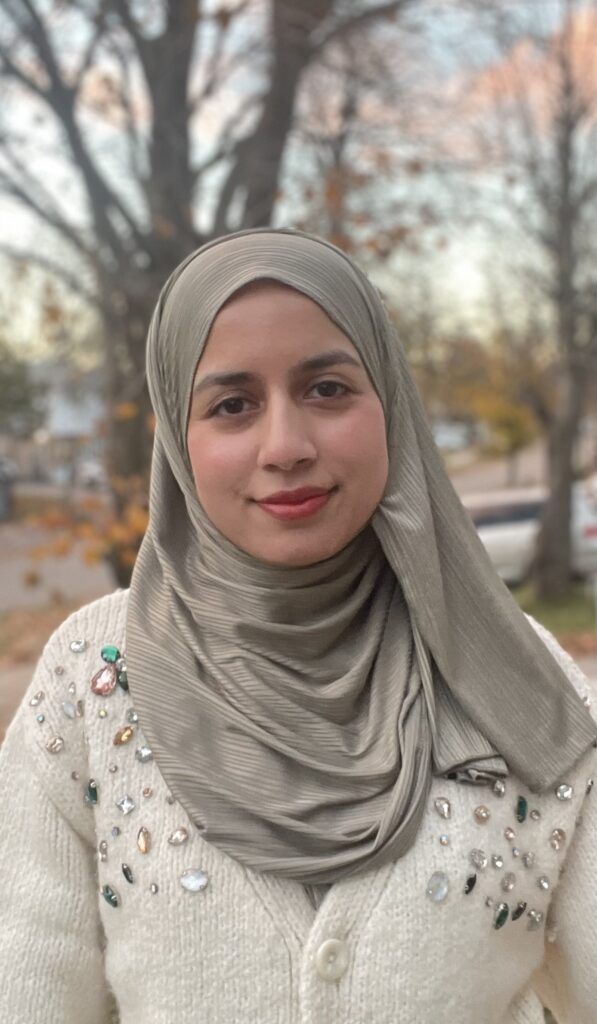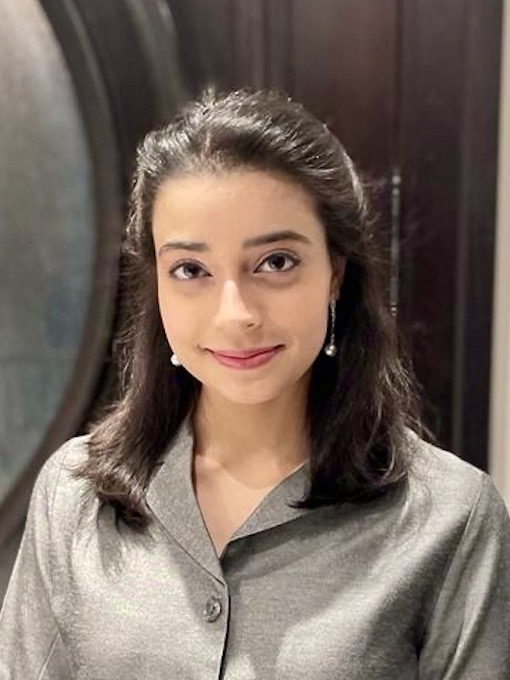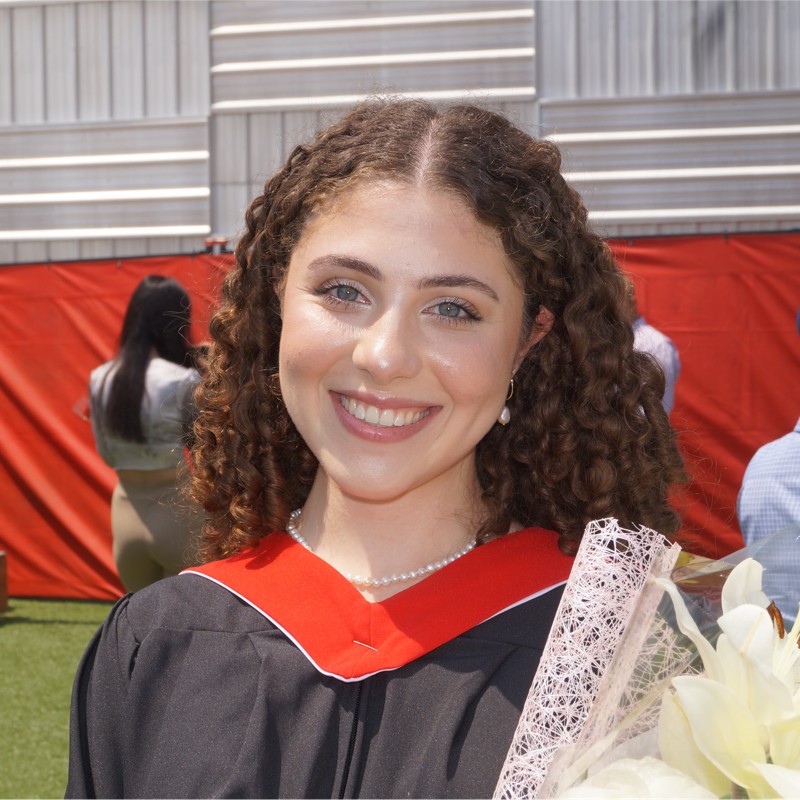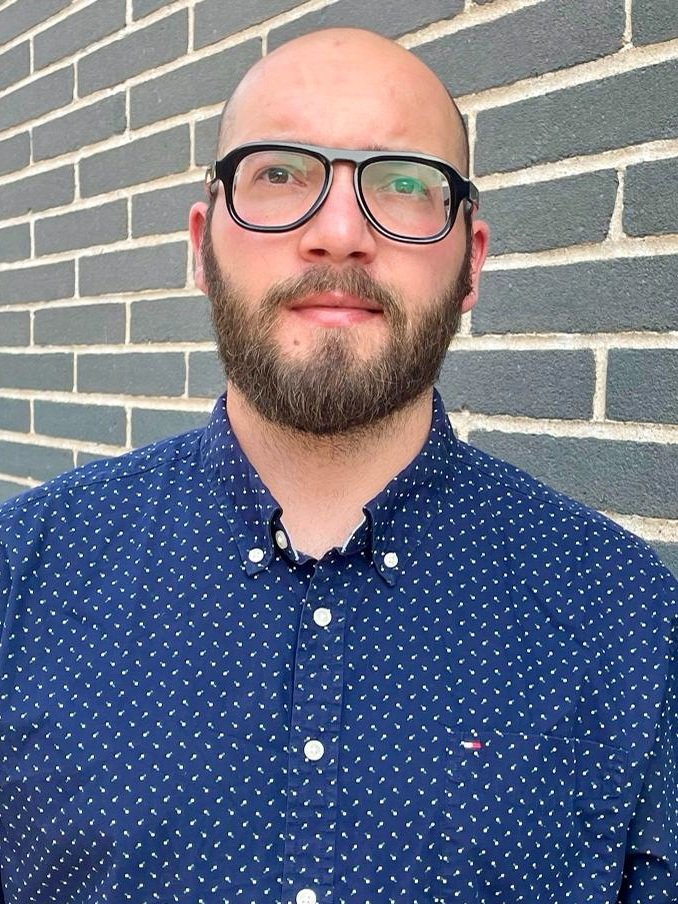Our students learn a great deal about research within their degree and benefit from a variety of hands-on learning opportunities that focus on building and applying research skills working on global health projects. Some of these opportunities have resulted in students being awarded research grants, co-authoring peer-reviewed publications, and presenting their research at academic conferences.
Global health students can gain the chance to work closely with professors and researchers in the School of Global Health and other global health research units at York (Global Strategy Lab, Dahdaleh Institute of Global Health, and the Global & Environmental Health Lab), which provides invaluable first-hand experience in the design, implementation, evaluation, and publication of research.
Some of these opportunities are paid, while course credit can be received for other opportunities. Some students have co-authored peer-reviewed publications with professors collaborating on their research projects. The number and nature of opportunities can vary depending on what research is currently being conducted at the time and how many students professors are able to take on.
Some of the different opportunities to gain research experience include:
- Research at York (RAY) Program: An exclusive opportunity for eligible undergraduate students to participate in research projects with faculty members and fellow students, as well as receive compensation at a competitive rate.
- Research Assistantships: Professors and researchers with grant funding often budget for research assistantships to help support different aspects of their project. These opportunities, some during term time and others during summer, can provide students the ability to support and engage in global health research.
- Independent Study Course: Students may wish to pursue intensive work with a particular faculty member on a topic of study not offered in a particular academic session or in manner which extends beyond the curricular offerings, and provision is made for this in the form of an independent study course (GH 4000) where students receive course credit around an independent research project supervised by a professor or researcher.
- Practicum: Students taking the Specialized Honours degree in Global Health can do a practicum embedded within a global health organization in Canada or internationally, in which some practicum placements involve contributing to a research project(s).

Rumia Owaisi undertook an independent study with Professor Amrita Daftary where she helped lead a narrative scoping review examining the patient-centeredness of video-based directly observed therapy (VDOT) for people with tuberculosis For her Specialized Honors Global Health practicum, she worked under the supervision of Dr. Brad Meisner together a doctoral student to explore the unique experiences of Canadian older adults, caregivers, and service providers through the lenses of adult day program directors during the COVID-19 pandemic. Rumia’s undergraduate projects led to two publications in the Canadian Journal of Aging and the Journal of Clinical Tuberculosis and Mycobacterial Diseases. She also received the prestigious Faculty of Health Dean’s Gold Medal (2022). Rumia went on to complete a Master of Social Work with a specialization in gerontology at the Factor-Inwentash Faculty of Social Work at the University of Toronto and proceeded to engage in community-based mental health programming, as well as research on aging, and Muslim mental health.







